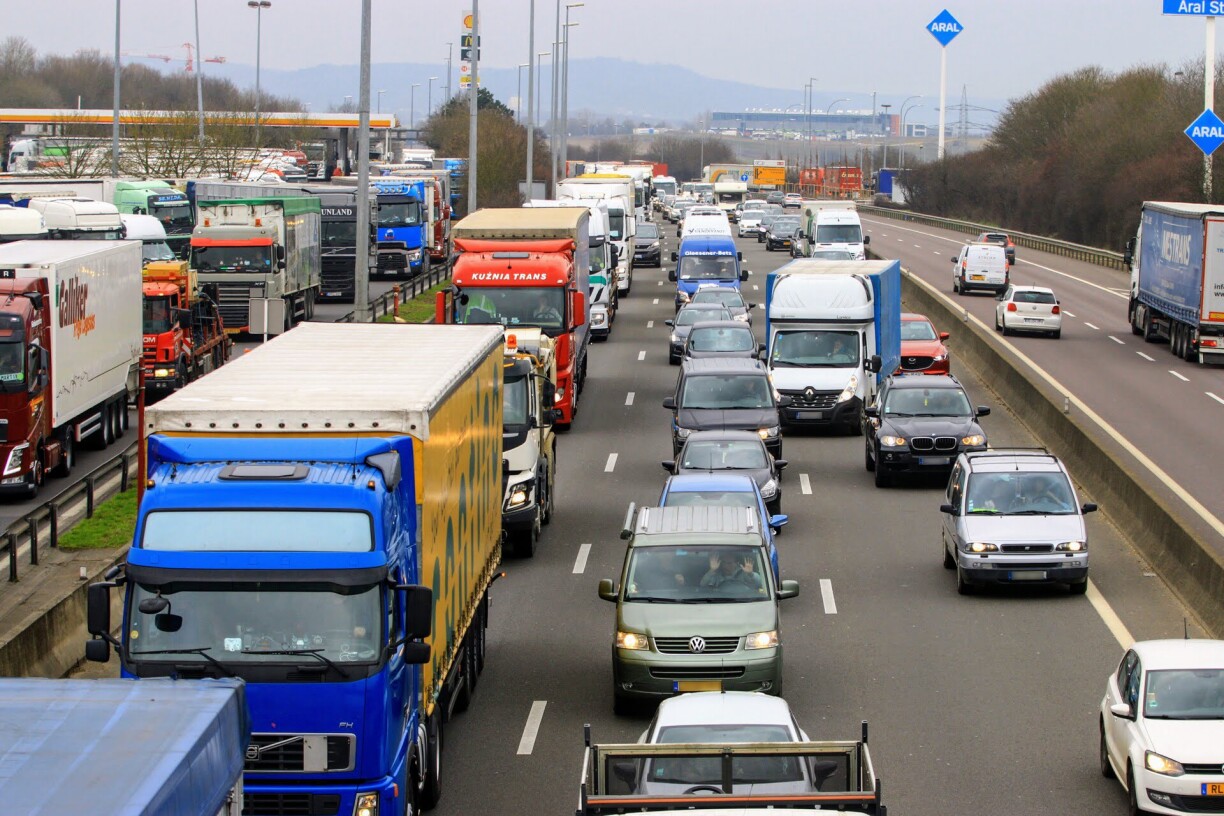
Deputies have recently voted unanimously in favour of increasing the minimum wage by 2.8%. This comes into effect on 1 January.
This means the minimum salary in Luxembourg is now 2,201.93 Euros a month for non-qualified workers and 2,642.32 Euros a month for qualified workers - a gross increase of 60 Euros a month for the former and 72 Euros a month for the latter.
This will affect around 15% of employees in Luxembourg, just over 60,000 people, 27,000 of which are cross-border workers.
The social inclusion income and the allowance for severely disabled persons is also set to increase by the same rate (2.8%), effective on 1 January.
This will amount to an additional expense of 7.1 million Euros according to the Chamber of Employees.
The cost-of-living benefit sees a 10% increase in 2021 starting 1 January. This was announced by the government in late 2020.
This amounts to 1,452 Euros over the whole year for an individual or 2,178 Euros for two people, for instance. This benefit varies in accordance with the number of people living in a household.

The increase will allow low income residents to weather the consequences of the current health crisis, as well as compensating for the new CO2 tax.
Social tax credits for employed, retired and self-employed people increase by 96 Euros a month for people earning up to 40,000 Euros a year, slowly decreasing up to 80,000 Euros a month.
This measure should help compensate the lowest 40% of households for the coming carbon tax, according to the STATEC.
The rest will be able to make use of the cost-of-living benefit and the mentioned benefits.
After an initial delay, the new CO2 tax will finally come into force on 1 January. This is linked to the introduction of the WLTP norm and will lead to an increase in taxes for future new car buyers, reflected in the registration tax.
They are not the only ones affected, however, as petrol prices are also set to go up a few cents. The new carbon tax of 20 Euro per tonne will also impact domestic oil and gas bills. Household can expect an increase of 150 to 200 Euros per year, according to govenment estimates.

This measure has been heavily criticised by the consumer union ULC and the Automobile Club Luxembourg, who said in a statement that motorists were being used as cash cows. For their part, the Ministries for Environment and Energy consider this a necessary measure to encourage residents to reduce their emissions.
Another likely effect will be a decrease in “petrol tourism”, which the government expects will reduce the country’s emissions by 6% by the end of the year and 11% by 2023.
Luxembourg is the first European country to ban the use of glyphosate on Luxembourgish soil. This was included in the 2018-2023 coalition agreement and also takes effect on 1 January.
The measure has been described by the Ministry of Agriculture as “a decisive step” in a sustainable strategy aimed at “a modern and environmentally friendly use of phytopharmaceutical products”